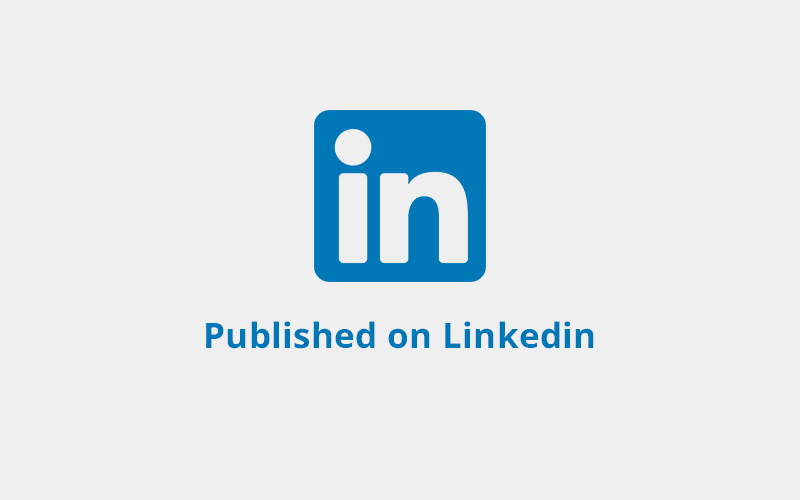“Hanging Out the Shingle”
In my January 2nd post, “New Year’s Resolution” I promised the next post would be about the fourth option, starting your own consultancy, or “hanging out the shingle”. As head of an ethics institute, and a man of my word, here goes …
The idea of becoming a consultant has taken on new meaning in the last few years. As a professional resume reader (www.dhrinternational.com) I frequently see a segment of a person’s career listed as “JA Associates” or some such title with a description of the consultancy the person is running, providing advice to businesses in your particular field. That resume entry gives me pause because it could be the person was fired or lost their last job and started consulting until they could find another job; which leads to “but why were they fired” and by that time I am on to the next resume.
But the nature and definition of careers has changed and remaining employed with one company for an entire career is a rarity, not the norm. Many professionals now hold a number of regular positions simultaneously, or consult in addition to their full time job; work from a home office for part of the time; and some find innovative ways of making a living and balancing the other non work interests in their lives. If you enjoy any of these situations, you know the benefits:
- You are not concerned about being fired;
- You are your own boss;
- You are not a slave to repetitive tasks day after day;
- Eventually you can pick who you want to work with and who you don’t;
- You have tax advantages that others don’t;
- You can take a month in Costa Rica as long as the Internet and phone service is reliable.
If you are ready to become “your own boss” those are the positives. But there are some downsides. Let me list some of those downsides and make suggestions on mitigating them.
- COMPETITION. There are few if any barriers to being a consultant and so there is a great deal of competition. Competition means more proposals to generate for each opportunity and pressure on pricing. As I recommend with resumes and getting jobs, spend less time on proposal writing and more time on meeting with potential clients, and producing meaningful intellectual capital that will distinguish you from your competitors.
- WORKING ALONE. If you are used to the interaction with colleagues, you may miss that as a consultant. I recommend that you team up as much as possible. Find another consultant whose skills complement yours. For me, I work with a strong analytical person who helps me crunch the numbers when consulting on compensation and she provides the kind of repartee I look for. And for strategic planning, a subject expert is always helpful. And there are usually grad students looking for extra money who, if nothing else, tend to keep you young.
- BUSINESS DEVELOPMENT. To consult you need clients and once you have them, they need servicing. Among the biggest good news/bad news for consultants is that once you get an assignment you may be tempted to spend your time exclusively on that assignment, ignoring new business development. Carve out time for business development even when you are going full tilt consulting. Otherwise, you will find yourself with no work when you finish your consultancy.
- DEVELOP A NICHE. You can’t be all things to everyone. As with all fields, a niche is one that mitigates a great deal of competition and allows for more dynamic pricing. Find a niche, or niches, that are particularly useful for potential clients and one that can demonstrably solve their problems.
- DEVELOP RELATIONSHIPS AS OPPOSED TO TRANSACTIONS. The best clients are those who you really know and who really trust you. Like all relationships that takes time and work, on both sides. Think about an assignment not as a task but as a journey. Future business development will become less onerous as well.
- BE PATIENT. It should take at least three months to land your first client, so make sure you have the cash flow in advance.
Good luck. Hang in there.






